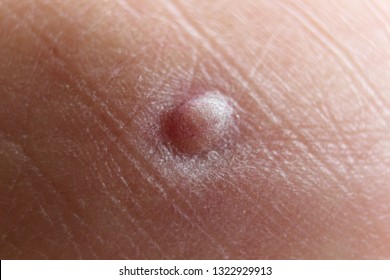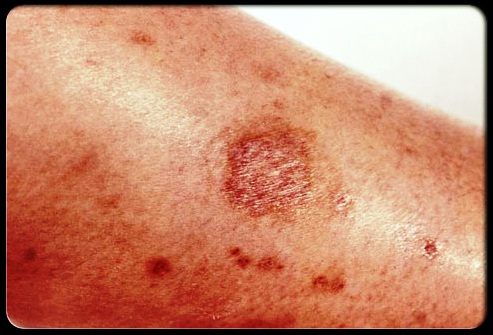
If you or someone you're with experiences any of these symptoms, you should immediately seek emergency medical care.

Rapid fall in blood pressure, resulting in shock and, possibly, death.This response can cause severe reactions in some cases, such as: Here's what happens when you're stung and have an allergic reaction: Your immune system reacts to the venom injected by the insect, and triggers your body's release of histamine and other chemicals. This requires emergency medical attention. If you're allergic to insect venom, a more severe reaction, called anaphylaxis, can occur. Only home treatment is needed to ease the pain. In most cases, stings only are annoying, and cause a brief, sharp pain, along with slight swelling and redness. Reactions to stings from honeybees and wasps range in severity from minor to potentially fatal. According to the American College of Allergy, Asthma and Immunology, about 5% of people are allergic to stinging insects.

It's also the season of stinging insects, such as honeybees and wasps. Do Native Bees Occur on Every Continent on the Planet? United States Geological Survey.Summer's the season for gardening, playing outside, backyard picnics and enjoying the outdoors.Mosquito Bites and Bee Stings Symptoms, Pathology, and Remedies as Seen Through the Wisdom of Western Medicine, Homeopathy, and Ayurveda. Insect Venom Allergies: Short-Term and Long-Term Treatment.Which Crops and Plants Are Pollinated by Honey Bees? WorldAtlas.Prevention and Control: Bees and Wasps.North American Pollinator Protection Campaign (NAPPC). (11)įor a severe allergic reaction to bee venom, treatment may include cardiopulmonary resuscitation (CPR) if your heart stops, intravenous antihistamine, or oxygen therapy to improve respiratory symptoms. These shots can reduce or eliminate the allergic response to a bee sting. If you don’t have an EpiPen, but you’ve had a previous severe allergic reaction to bee venom, talk to your doctor about getting one, or see if you’re a candidate for allergy shots. The EpiPen can cause side effects like heart racing, and the anaphylactic reaction can present again once the medication wears off,” she says. “If you know that you’re allergic to bee venom, make sure that you have a nonexpired epinephrine injection (EpiPen) on hand at all times,” Shainhouse says. “If you do inject an EpiPen after a bite, call 911 right away. (11,12) Antihistamines like cetirizine (Zyrtec), fexofenadine (Allegra), and loratadine (Claritin) offer the best penetration into the skin. Take ibuprofen (Advil) or acetaminophen (Tylenol) to ease pain and burning, or an oral antihistamine for symptoms of a mild to moderate allergic reaction. It’s okay to self-treat with over-the-counter medications. If you’re stung on your arm or leg, keep it elevated. Next, clean the sting area with soap and water to reduce the risk of infection, and apply a cold compress to calm the swelling and pain. (11) Instead, she recommends gently scraping it with a credit card to remove it, or use the edge of your fingernail. Don’t pluck or squeeze the stinger with tweezers - that can cause more venom to enter the bite, says Shainhouse. If you’re stung by a bee, get to a safe place and remove the stinger as soon as possible. See a doctor if you’re swarmed by bees and receive multiple stings. This is more common in children and older adults, as well as in those who have a history of heart or respiratory problems. It’s important to note that multiple bee stings can be toxic and become a medical emergency even for someone who isn’t allergic to bee stings. If not treated early, anaphylaxis can lead to loss of consciousness and death.

These symptoms can occur within seconds or minutes of exposure to an allergen. You should also seek emergency medical attention if you develop other symptoms of a life-threatening reaction, such as: (1,10,11) “Call 911 immediately at the first signs of difficulty breathing, swallowing, vomiting and diarrhea, weakness, sweating, confusion, or full-body swelling,” warns Tsippora Shainhouse, MD, a board-certified dermatologist based in the Los Angeles area. People who are severely allergic to bees can develop a whole-body allergic reaction called anaphylaxis. Keep in mind that some allergic reactions to bee venom are life-threatening.


 0 kommentar(er)
0 kommentar(er)
